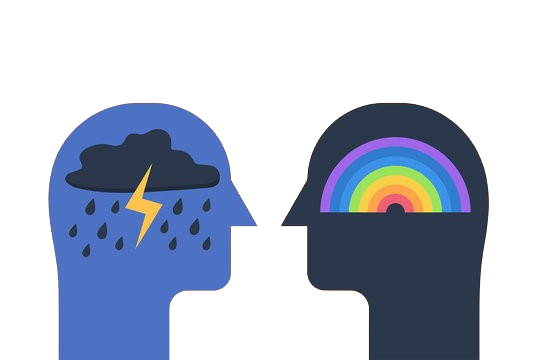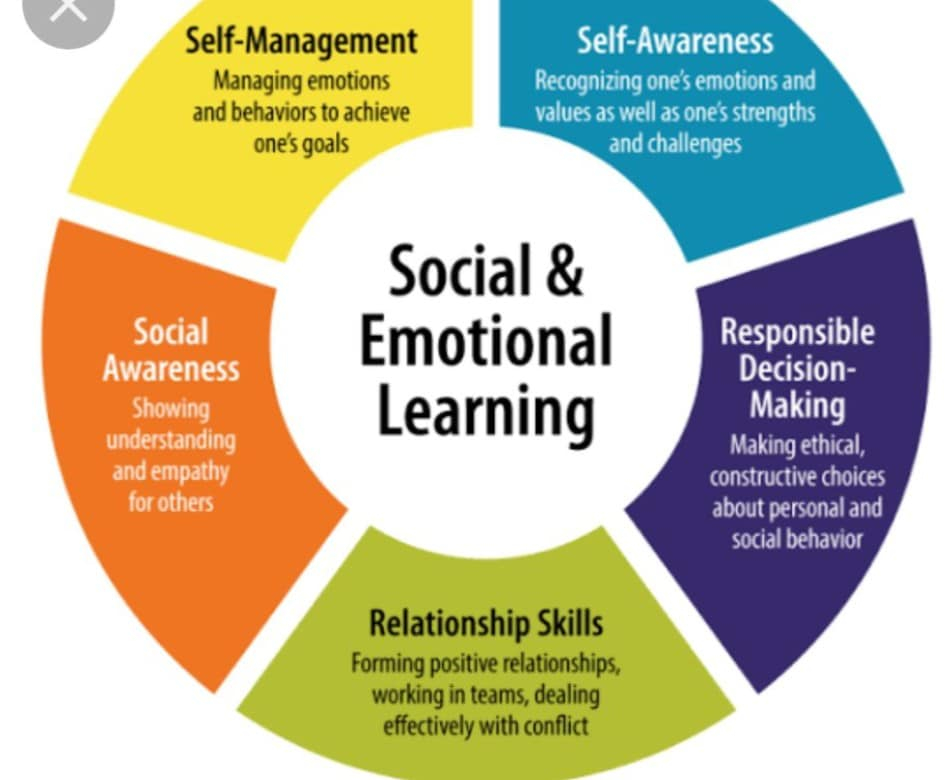8 Ways to Talk With Your Teen about Drugs and Alcohol
8 Ways to Talk With Your Teen about Drugs and Alcohol
16-Aug-2016
Talking to your teen about substance abuse doesn’t have to be difficult. References to drugs and alcohol appear in headlines, sitcoms, movies, and advertisements. Take advantage of these opportunities to start a conversation with your child. Use blocks of time such as after dinner, before bedtime, before school or on the drive to or from school and extracurricular activities to talk about drugs and why they’re harmful.
1. Take advantage of everyday “teachable moments. “Teachable moments refer to using everyday events in your life to point out things you’d like your child to know about.
2. Point out alcohol, tobacco, and drug-related situations going on in your own neighborhood. If you and your child are at the park and see a group of kids drinking or smoking, use the moment to talk about the negative effects of alcohol and tobacco.
3. Use newspaper headlines or TV news stories as a conversation starter. The daily news is filled with stories that detail the consequences of alcohol and drug abuse.
4. Talk to your child about the mother who used drugs and was arrested. Who will take care of her baby now? Did she make a good decision when she used drugs?
5. Watch TV with your kids, and ask them what they think. Do the shows and advertising make drug use look acceptable and routine? Or do they show its downside? How did that program make your child feel about drugs?
6. Write a letter with your child to companies or TV networks about the messages they put out about drugs. Also remember that anti-drug advertising — such as that from the Partnership for Drug-Free Kids is a great kickoff to the discussion.
7. When discussing outside events – something on TV or in pop culture – ask open-ended questions, suggests Dr. Drew, physician, a board-certified internist and addiction medicine specialist. “‘What do you think about that?’ is a great way to start. It takes the heat off them – and then you have an opportunity to share with them your values, your ideas and educate.”
8. Share stories of people in recovery and stories of those lost to drugs and alcohol. Ask your teen their thoughts and feelings after reading the stories.
View the Partnership for Drug-Free Kids’s Drug Guide to learn more about the top drugs in your teen’s world. Then ask your teen about these drugs – has he heard of them? What does she know about them? Does anyone in her school use these drugs? Any of her friends? Has she ever been offered to drink or smoke a week?
More Blog
Mental health needs to notice in Bangladesh
12-Sep-2024Like other countries Mental health is one of the warning issues in Bangladesh gradually. Though the immense consequences of this... read more
Happiness tips:
02-Apr-2022Happiness is also one of the important aspects of positive psychology and wellbeing. Do something you enjoy every day, e... read more
What is SEL?
31-Jan-2022Social-emotional learning, commonly referred to by its acronym, SEL, is a method of promoting holistic child development by teac... read more



